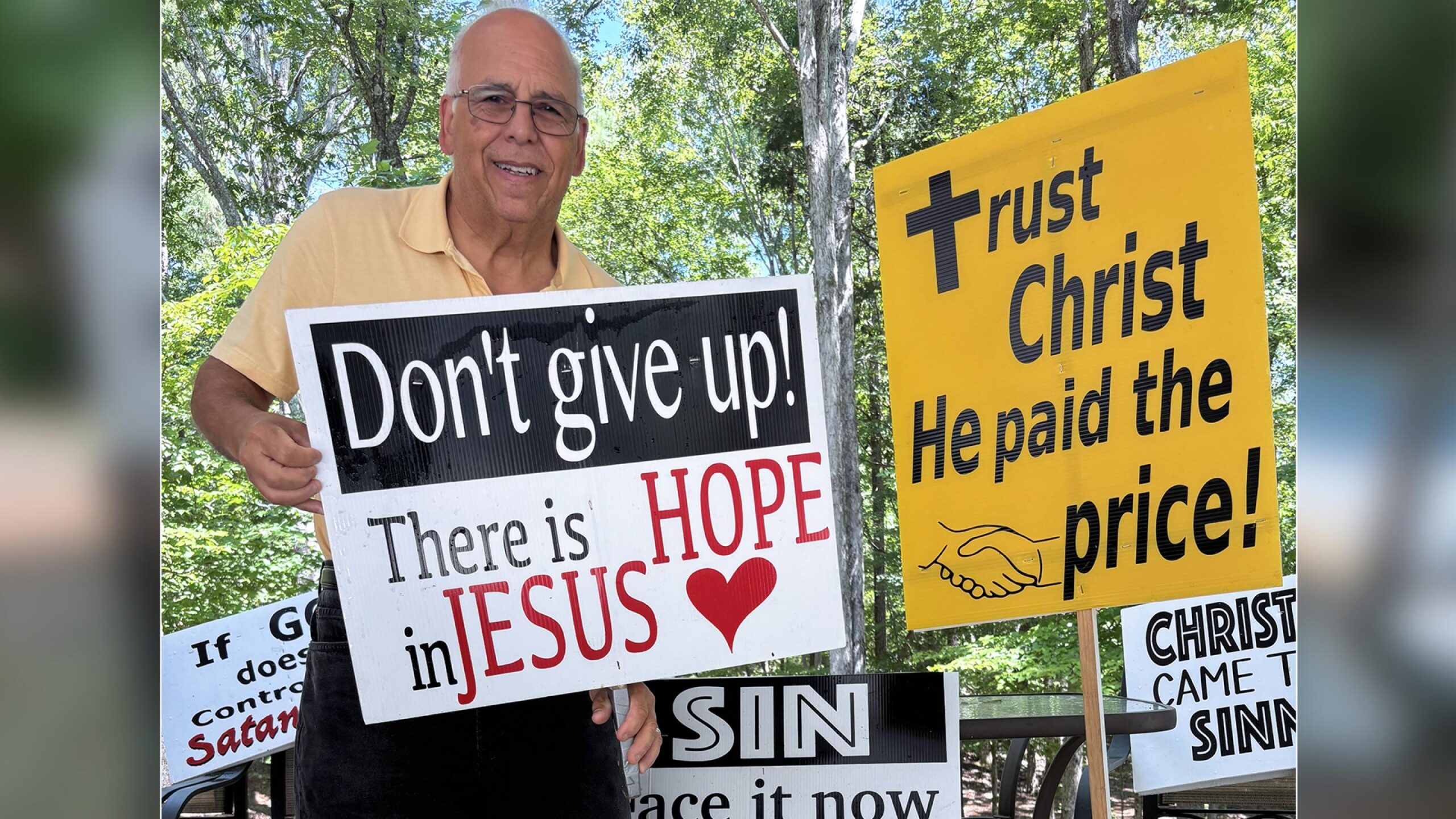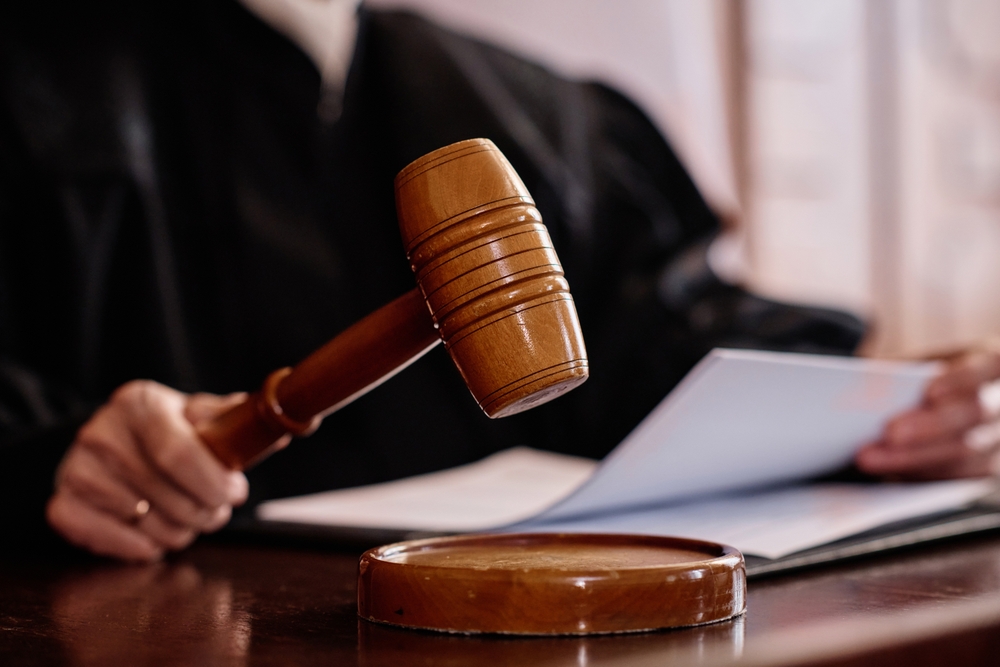Compelled Speech — Can Government Make You Say That?

The First Amendment’s speech clause – “Congress shall make no law…abridging the freedom of speech…” is usually thought of as prohibiting the government from censoring what you say, either before you say it (a/k/a “prior restraint”) or punishing you afterwards for what you’ve said. But there’s another aspect to free speech – the freedom not to speak when the government is requiring you to do so – which is often referred to as “compelled speech.” As with other aspects of the complicated subject of free speech, there are acceptable as well as unacceptable forms of government-compelled speech, so this article will help you understand the basics.
Saluting the Flag
Perhaps the most famous explanation and application of the freedom from government-compelled speech came in a famous U.S. Supreme Court case, West Virginia State Board of Education v. Barnette, decided in 1943. That case involved two sisters, of the Jehovah’s Witness faith, who were faced with a local school board requirement to recite the Pledge of Allegiance in class every day while also saluting the U.S. flag, upon pain of being disciplined or even expelled if they refused.
Some historical background is necessary here. The country was at war, and there was a rising fear of totalitarian ideology, and the Pledge was instituted in many schools as a patriotic response. However, complying with the requirement would cause the girls to violate the tenets of their faith, which forbade such pledges and acts of saluting to a symbol like the national flag. The case went all the way to the Supreme Court, and in a decision vindicating the right of the young sisters to refuse to recite the Pledge and salute the flag, Justice Robert H. Jackson, who wrote the opinion for the court, set forth what has become the lodestar of the Court’s treatment of compelled speech:
If there is any fixed star in our constitutional constellation, it is that no official, high or petty, can prescribe what shall be orthodox in politics, nationalism, religion, or other matters of opinion, or force citizens to confess by word or act their faith therein. If there are any circumstances which permit an exception, they do not now occur to us.
Note carefully the categories that Justice Jackson regarded as off-limits to government coercion. There are other types of compelled speech left to consider that the courts have either approved or rejected.
Other Examples of Compelled Speech
Some other real-life examples of compelled speech that have also been struck down by courts have included:
However, there are other subject matter categories that do allow for government-required speech. These generally tend to revolve around speech concerning factual disclosures and government fees (i.e., money that funds speech), rather than issues of politics, morality, and or opinion. These include, as examples:
- Warning labels on consumer products like tobacco and alcohol
- Filing a tax return
- Mandatory student fees at universities that support all recognized campus groups’ speech activities, some of which may be disagreeable to those paying the fees.
- Responding to a subpoena to testify in court (but you can’t be compelled to incriminate yourself!)
Compelled speech is increasingly a concern for Christians where it contradicts our most deeply held beliefs. In addition to the examples of the wedding cake baker and pregnancy resource center disputes that have reached the Supreme Court discussed in a previous article in this series, we’ve also seen other examples of unconstitutionally compelled speech impact counseling students, social work students, printers, photographers, videographers, and graphic designers, just to name a few.
In a bizarre new twist to compelled speech, Canada (which always seems just a few feet ahead of the U.S. down such slippery slopes) has made it a crime to use a gender pronoun other than the one chosen by the person being referenced, and similar policies and laws are creeping into state and local laws in the United States.
As government bodies and officials become more secular and ideologically driven in the U.S., the urge to either suppress dissenting Christian voices or to compel their support for things like same-sex marriage, transgenderism, and abortion is increasing.
Understanding the boundaries of government-compelled speech will equip you to intelligently resist attempts to force you to speak contrary to your faith.
ABOUT THE AUTHOR

Bruce Hausknecht, J.D., is an attorney who serves as Focus on the Family’s judicial analyst. He is responsible for research and analysis of legal and judicial issues related to Christians and the institution of the family, including First Amendment freedom of religion and free speech issues, judicial activism, marriage, homosexuality and pro-life matters. He also tracks legislation and laws affecting these issues. Prior to joining Focus in 2004, Hausknecht practiced law for 17 years in construction litigation and as an associate general counsel for a large ministry in Virginia. He was also an associate pastor at a church in Colorado Springs for seven years, primarily in worship music ministry. Hausknecht has provided legal analysis and commentary for top media outlets including CNN, ABC News, NBC News, CBS Radio, The New York Times, the Chicago Tribune, The Washington Post, The Washington Times, the Associated Press, the Los Angeles Times, The Wall Street Journal, the Boston Globe and BBC radio. He’s also a regular contributor to The Daily Citizen. He earned a bachelor’s degree in history from the University of Illinois and his J.D. from Northwestern University School of Law. Hausknecht has been married since 1981 and has three adult children, as well as three adorable grandkids. In his free time, Hausknecht loves getting creative with his camera and capturing stunning photographs of his adopted state of Colorado.
Related Posts

Sidewalk Evangelist Wins Right to Share Good News
October 31, 2025



